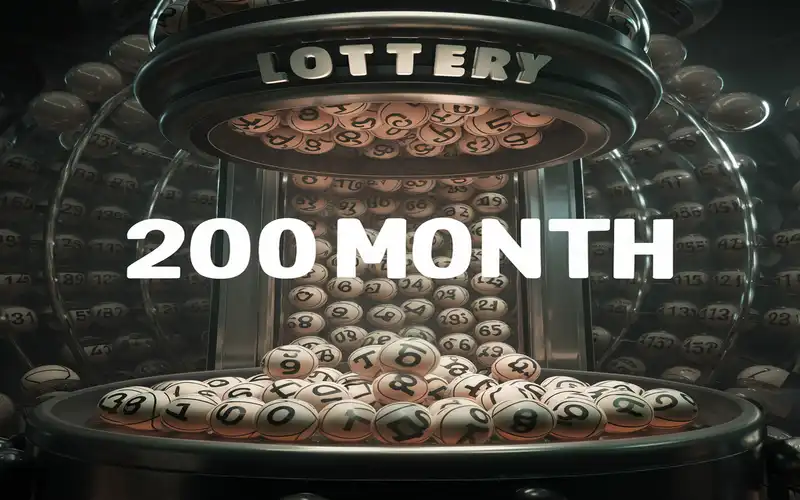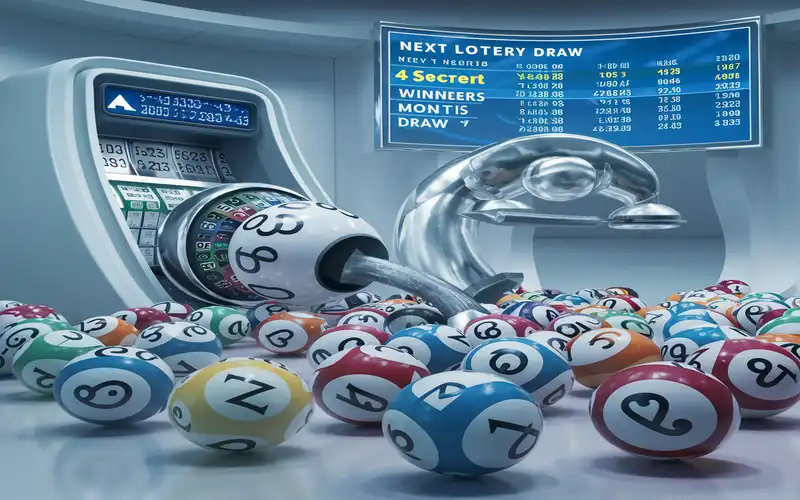
The Economics of the Dear 200 Monthly Lottery: A Perspective
The Dear 200 Monthly Lottery, part of India’s extensive lottery system, has grown in popularity over the years, becoming a significant part of many people’s lives. lottery vip This lottery is not just a source of excitement and hope for participants but also plays a crucial role in the economy. This article explores the economics of the Dear 200 Monthly Lottery, offering a comprehensive perspective on its financial impact, benefits, and potential drawbacks.
Table of Contents
The Structure of the Dear 200 Monthly Lottery
The Dear 200 Monthly Lottery operates on a straightforward structure:
- Ticket Sales: Participants purchase tickets, each ticket costing a predetermined amount. The price is generally affordable, making it accessible to a wide audience.
- Draws and Prizes: Monthly draws determine the winners. Prizes range from small amounts to significant jackpots, creating a substantial incentive for participation.
- Revenue Generation: The primary source of revenue for the lottery comes from ticket sales. This revenue is then allocated for prize distribution and other purposes.
Revenue Allocation and Economic Impact
The revenue generated from the Dear Monthly Lottery is distributed across various sectors, significantly impacting the economy.
1. Prize Distribution
A substantial portion of the revenue goes towards prize distribution. This not only provides financial rewards to winners but also stimulates economic activity as winners spend their prizes on goods, services, and investments.
2. Government Revenue
A significant percentage of lottery revenue is allocated to government funds. This money is often used for:
- Public Welfare Projects: Funding for education, healthcare, infrastructure, and other public welfare initiatives.
- Administrative Costs: Covering the costs associated with running the lottery, including marketing, operations, and salaries.
3. Job Creation
The lottery industry creates numerous jobs, directly and indirectly. From ticket vendors to administrative staff, the sector employs thousands of people. Additionally, increased spending by winners can stimulate job creation in other sectors.
Economic Benefits of the Dear 200 Monthly Lottery
The Dear 200 Monthly Lottery offers several economic benefits:
1. Funding for Public Services
Lotteries are a significant source of revenue for the government, funding essential public services and infrastructure projects. This reduces the need for increased taxes, indirectly benefiting all citizens.
2. Economic Stimulation
When winners receive their prizes, they often spend the money on various goods and services. This spending stimulates economic activity, benefiting local businesses and contributing to overall economic growth.
3. Support for Charitable Causes
Some lottery revenue is allocated to charitable causes, supporting non-profit organizations and community projects. This enhances social welfare and contributes to societal development.
Potential Drawbacks and Considerations

While the Dear 200 Monthly Lottery has numerous benefits, it also presents certain challenges and potential drawbacks:
1. Gambling Addiction
Lotteries can lead to gambling addiction for some individuals. This addiction can have severe financial and social consequences, affecting not only the individuals involved but also their families and communities.
2. Regressive Nature
Lotteries are often considered a regressive form of revenue generation because they can disproportionately impact lower-income individuals. Those with less disposable income may spend a larger portion of their finances on lottery tickets, which can exacerbate financial instability.
3. Unrealistic Expectations
The allure of winning substantial prizes can create unrealistic expectations among participants. Many people may spend significant amounts on tickets with little chance of winning, leading to potential financial strain.
Responsible Gaming and Mitigation Strategies
To maximize the benefits and minimize the drawbacks of the Dear Monthly Lottery, it’s essential to promote responsible gaming and implement effective mitigation strategies.
1. Public Awareness Campaigns
Governments and lottery organizations can run public awareness campaigns to educate people about responsible gaming practices. These campaigns can highlight the importance of setting spending limits and understanding the odds of winning.
2. Support Services
Providing support services for individuals struggling with gambling addiction is crucial. This can include hotlines, counseling services, and support groups to help individuals manage their addiction.
3. Regulatory Measures
Implementing regulatory measures to ensure fair play and transparency in lottery operations is vital. This can include strict regulations on advertising, clear disclosure of odds, and measures to prevent underage gambling.
Conclusion
The Dear 200 Monthly Lottery plays a significant role in the economy by generating revenue, creating jobs, and funding public services. While it offers substantial economic benefits, it’s essential to address the potential drawbacks through responsible gaming practices and effective regulatory measures. By understanding the economics of the Dear Monthly Lottery, we can appreciate its impact on the economy and society while ensuring it remains a positive force for all participants.
Read more : 82 betting play in Kerala India